Perumal Vidhyasekaran1560229438, 9781560229438, 156022942X
This comprehensive volume covers the entire field of plant pathology. It does not merely define the numerous subjects covered (297 topics carefully arranged in 38 sections!) but describes them in detail. Each section of this book serves as a comprehensive overview of a given area, providing breadth of coverage for students and depth of coverage for research professionals.
In addition to providing a dictionary of plant pathological terms and a complete list of crop diseases, accepted names, synonyms, and anamorphic/telemorphic names of pathogens, the Concise Encyclopedia of Plant Pathology is an essential reference for:
the latest nomenclature and classification of each crop bacterial pathogen the complete listing of crop fungal pathogens, with their revised systematic position and classification of viruses into species, genera, families, and orders classification of phytoplasmas and spiroplasmas disease assessment, remote sensing, and digital image analysis molecular diagnostic tools, plant clinics, and forecasting models in depth microbial pesticides induced systemic resistance mycorrhiza molecular marker-assisted selection, pyramiding of genes, and durable resistance genetic engineering and transgenic plants in vitro selection of resistant varieties three kingdoms containing fungal phyla and the most recent refined classification of fungal phyla based on molecular studies bactericides and viricides seed health testing indexing plant-propagation materials plant activators and plant extracts postharvest diseases molecular biology of host resistance the complete list of fungicides, plus ready-formulated fungicide mixtures, classification and mode of action of fungicides, the spectrum of diseases controlled by each fungicide, a computer-based decision support system, fungicide resistance, and modern application equipment and much, much more!
With the Concise Encyclopedia of Plant Pathology you’ll examine the ancient history of plant pathology; structure, nomenclature, and classification of fungal, bacterial, viral, and phytoplasma pathogens; parasitic protozoa, green algae, nematodes, and parasitic higher plants; disease assessment, remote sensing and digital image analysis; molecular disease diagnostics; disease progress curve models and forecasting models; several novel disease management strategies; and a great deal more. This well-organized, readily accessible reference is an invaluable handbook for students, educators, and practicing plant pathologists.
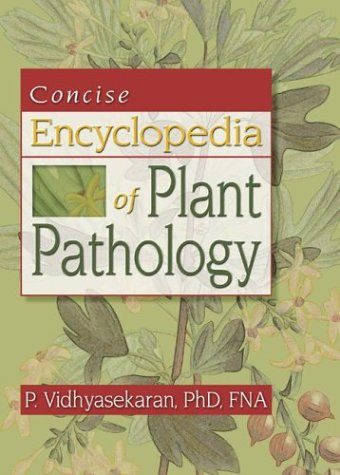
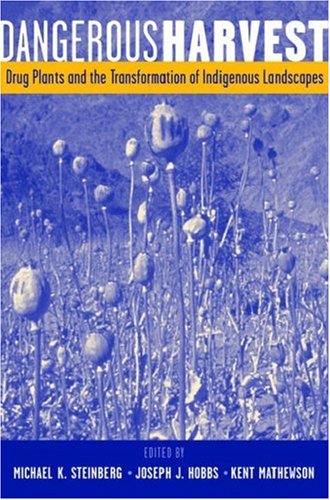

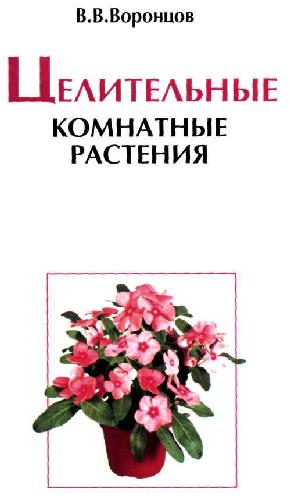
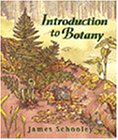
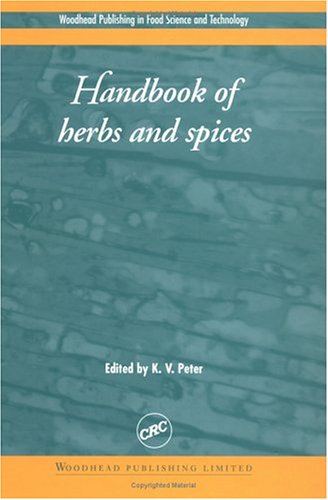
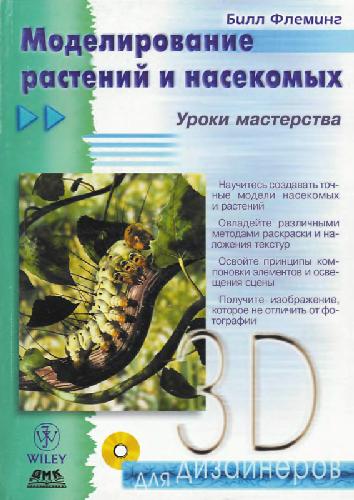
Reviews
There are no reviews yet.